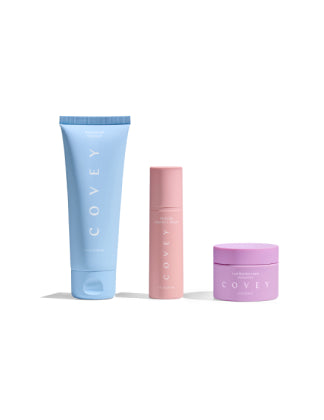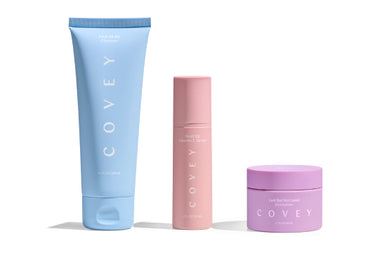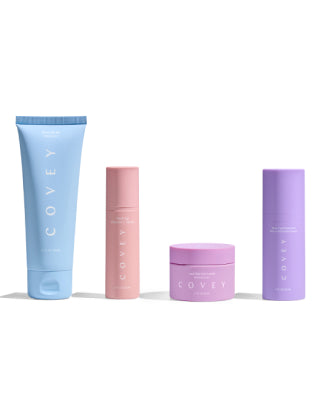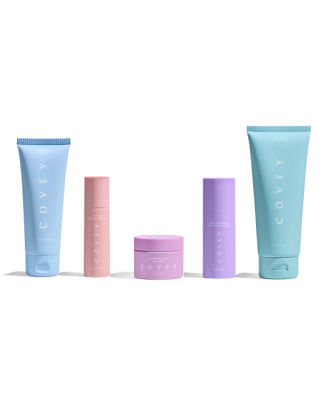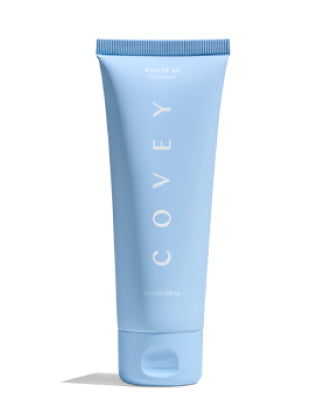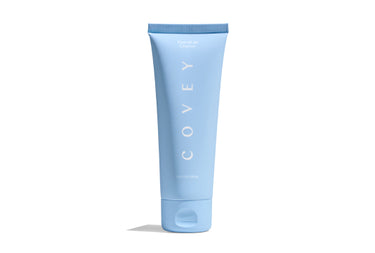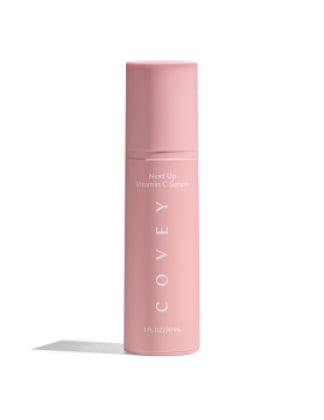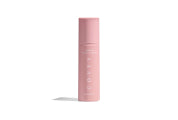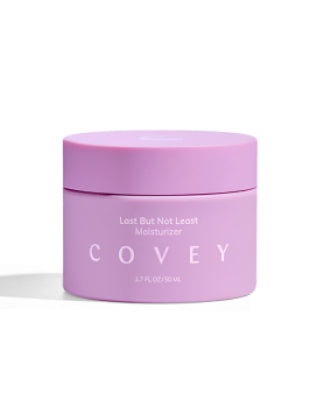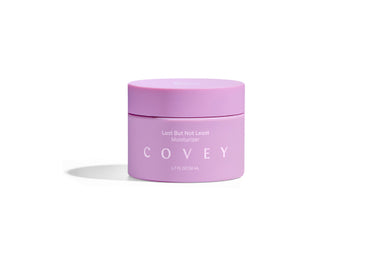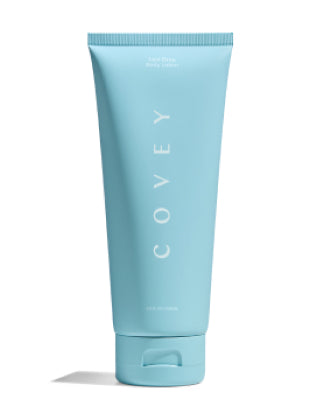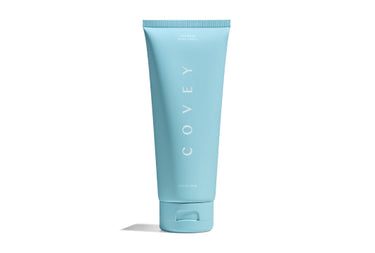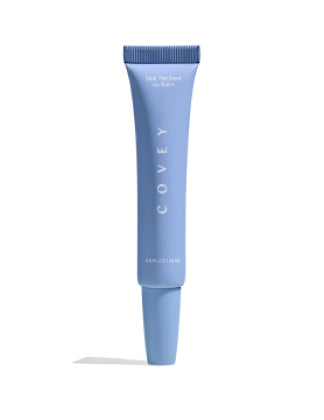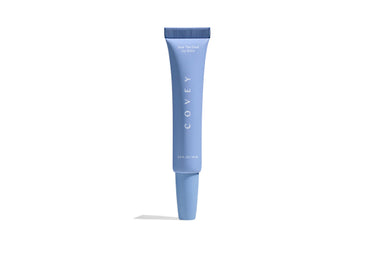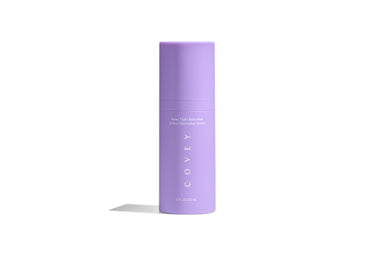
Everything You Need to Know About Ceramides in Skincare
New skincare ingredients seem to be trending every time you scroll through TikTok. This time, make way for ceramides.
Like hyaluronic acid and retinol before it— who both had big moments in 2022 — we’re not alone in predicting the big impact ceramides are going to have on the skincare world in 2023.
First, What Are Ceramides?
After all, your skin is naturally made up of ceramides, and these fatty acids (aka lipids) are integral in plumping skin, maintaining a healthy barrier, and keeping your face at glazed donut levels of light refracting.
The body needs ceramides; they essentially create a chain link fence around the epidermis that connect your cells, which locks in moisture while locking out damaging toxins and allergens.
Ceramides keep the skin barrier from getting compromised, holding in moisture, which helps stave away dryness, irritation, and fine lines over time. They also shield skin from aggressive environmental factors, like sun damage, and combat winter-induced drops in the body’s ceramide levels.
Because the body produces less ceramides (and collagen) as we age, learning how to use ceramides in skincare to your advantage can help your skin stay healthier for longer. A Japanese study even pointed to plant-based and oral ceramides having just as positive effects at suppressing water loss as regular ol’ ceramides.
Let’s get deeper into it.
Top Benefits of Ceramides
Here are three reasons why ceramides are mega beneficial for skin.
Helps Skin Retain Moisture
Skin losing moisture isn’t just a short-term bummer. It can have long-lasting effects. Dry skin can exacerbate fine lines and wrinkles, cause irritation and skin barrier damage, and be generally uncomfy — especially in the doldrums of winter.
This is just one of the reasons why we decided to formulate our Last Drop Body Lotion with a blend of essential ceramides. It makes for a fast-absorbing and non-greasy application, and prevents transepidermal water loss (aka what makes for dry and flaky skin).
Protects Skin's Natural Barrier
Our skin barrier is notoriously finicky. With environmental factors like oxidative damage, pollutants and allergens, plus diet, genetics, and climate…there’s a lot our skin has to weather (no pun intended).
Ceramides bolster your barrier, essentially acting as a connector between cells. Think of caulk on tile, for example, which prevents other elements — like bacteria — from entering the epidermis and irritating the skin.
(Not sure what a damaged skin barrier looks or feels like? We wrote an entire guide just for you!)
Pairs Well With Other Ingredients
Unlike other popular ingredients (here’s looking at you, retinol) ceramides tend to play well with most other configurations, which makes them popular in everything from serums to face masks.
Because the body also naturally creates ceramides, they also don’t cause irritation or allergic reactions the way things like fragrance or carrier oils can.
Where Do I Find Ceramides?
Topical or synthetic ceramides are commonly found in serums, moisturizers, lotions, creams, and other facial products because of their versatility and near perfect reputation in the skincare world. That also means, depending on which products you’re using, there’s plenty of range in when to apply formulas with ceramides in your routine.
It’s recommended to apply products with ceramides directly after a shower, when skin is still damp, but not wet.
You can also apply formulations with ceramides up to twice a day! If you’ve got dry skin, rosacea, or are starting to see the effects of hydration loss on mature skin, upping the amount of ceramides in your skincare routine can help.


